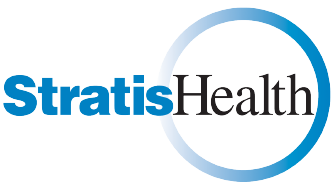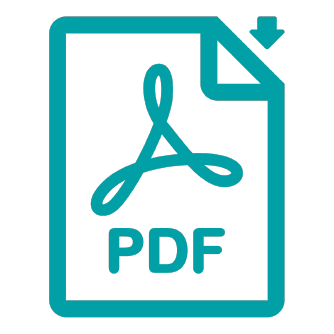Related Resources
Toolkit
EMS Outcomes and Impact
View resources related to the Rural Community Ambulance Agency Transformation Readiness core competency EMS Outcomes and Impact.
Toolkit
EMS Workforce
View resources related to the Rural Community Ambulance Agency Transformation Readiness core competency Workforce.
Toolkit
EMS Operations and Processes
View resources related to the Rural Community Ambulance Agency Transformation Readiness core competency EMS Operations and Processes.
View resources related to the Rural Community Ambulance Agency Transformation Readiness core competency Patients, Partners, and the Community.
Toolkit
EMS Strategic Planning
View resources related to the Rural Community Ambulance Agency Transformation Readiness core competency Strategic Planning.



